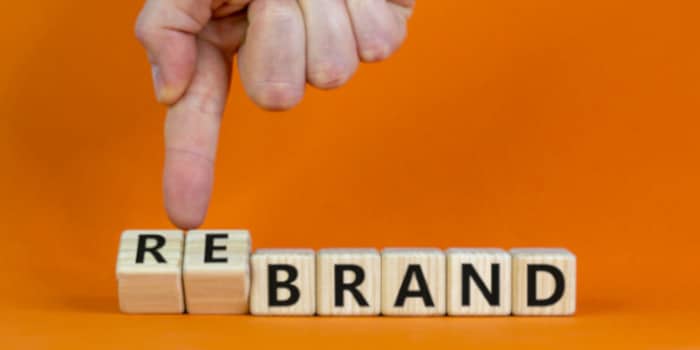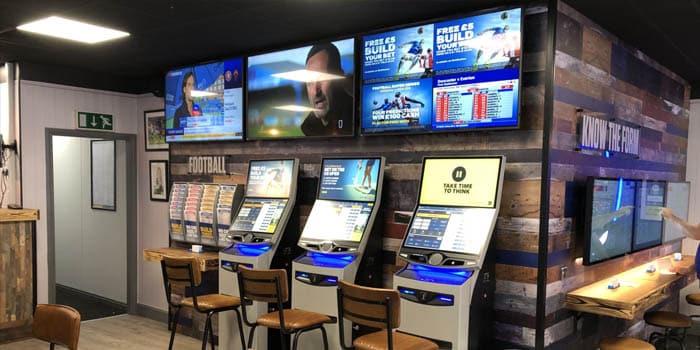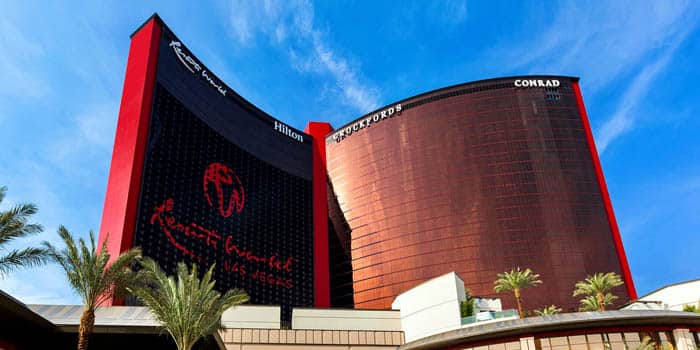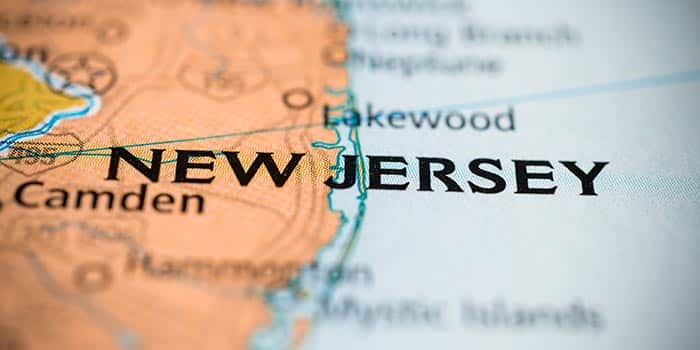- Casino
- By State
- Alabama
- Alaska
- Arizona
- Arkansas
- California
- Colorado
- Connecticut
- Delaware
- Georgia
- Florida
- Hawaii
- Idaho
- Illinois
- Indiana
- Iowa
- Kansas
- Kentucky
- Louisiana
- Maine
- Massachusetts
- Maryland
- Michigan
- Minnesota
- Mississippi
- Missouri
- Montana
- Nebraska
- Nevada
- New Hampshire
- New Jersey
- New Mexico
- New York
- North Carolina
- North Dakota
- Ohio
- Oklahoma
- Oregon
- Pennsylvania
- Rhode Island
- South Carolina
- South Dakota
- Tennessee
- Texas
- Utah
- Vermont
- Virginia
- Washington
- West Virginia
- Wisconsin
- Wyoming
- By State
- Slots
- Poker
- Sports
- Esports
GambleAware Responds with a Call for Evidence

GambleAware, an independent charity, has issued its submission to Call for Evidence in response to the Gambling Act review to the Department of Digital Culture, Media, and Sport (DCMS).
GambleAware Has Submitted Its Call For Evidence
GambleAware, an independent charity, has published its submission of Call for Evidence to the Department of Digital Culture, Media, and Sport (DCMS) in response to the Gambling Act review. The charity specified a need for a mandatory tax and outlined other issues in the industry.
GambleAware focused primarily on research and prevention of gambling harm. Its findings are intended to suggest changes in the 2005 Gambling Act. The DCMS also investigated issues related to gambling effects on young adults and spending limits.
GambleAware Needs Stable Funding
Currently, the gambling industry funds GambleAware through a voluntary donation system. The charity wants mandatory taxation to fund its research, education, and treatment (RET).
British law requires licensed operators to donate funds to support research and prevention and other gambling initiatives without a minimum amount of donation. Currently, voluntary donation leads to uncertainty of year-to-year funding, which is a challenge for GambleAware to sustain and provide treatment and help for those in need.
In the last 12 months, the charity has received £15.6 million from the donation. In June 2020, on behalf of the4 largest operators in Britain, the Betting Gambling Council promised £100 million to the charity for the next 4 years.
GambleAware is not the first to ask for a mandatory tax. Recently, the NHS also called for a compulsory tax on operators to fund treatment. The NHS suggested that gambling companies should get a compulsory tax to fund the treatment of gambling addicts stating that the companies only collect their huge profit, leaving the NHS to “pick up the pieces.”
Children Are Exposed to Gambling Ads Evidence Shows
In its evidence submission, GambleAware states that gambling is part of children and young adults’ everyday life. Kids and youngsters are aware of gambling marketing and branding across various media channels.
According to the NHS, the hospital admissions related to gambling issues has doubled in the past 6 years.
Gambling harm among young adults is associated with an increase in mental health issues like anxiety and depression. Children are also emotionally dependent on adults, which means that not only their gambling but the gambling of their parents is potentially harmful.
According to a study by Hollen et al, in April 2020, there is an increase of gambling among people between the ages of 17 and 20 years. The young gamblers played the lottery, scratch cards, and others participated in private betting activities. Online betting has increased between 17 and 24 years.
Gambling Advertising and Marketing Impact
According to research, gambling ads, including those in social media, affect the attitude towards prevalence. Gambling operators may need to integrate messages about safer gambling in all of their communication forms so that safety becomes an essential part of their businesses.
In March, GambleAware reported a rise in at-risk gamblers who seek treatment. The charity organization used the data given by YouGov. Based on the study, GambleAware recorded an increase of problem gamblers reaching out for help in the past 12 months. In 2019 the numbers were 54%, but in 2020, the number increased to 63%, which means that awareness campaigns could prove effective.
Related Topics:
Eva is a PR specialist and communications expert with ten years of experience in campaign organizing and creative writing. She is also a published author of fictional stories. Eva recently developed an interest in economics and the gaming industry after discovering the inspirational story of Molly Bloom.
Must Read
Industry
June 27, 2025
Las Vegas Sphere Bashed for Charging $170 for Pizza















